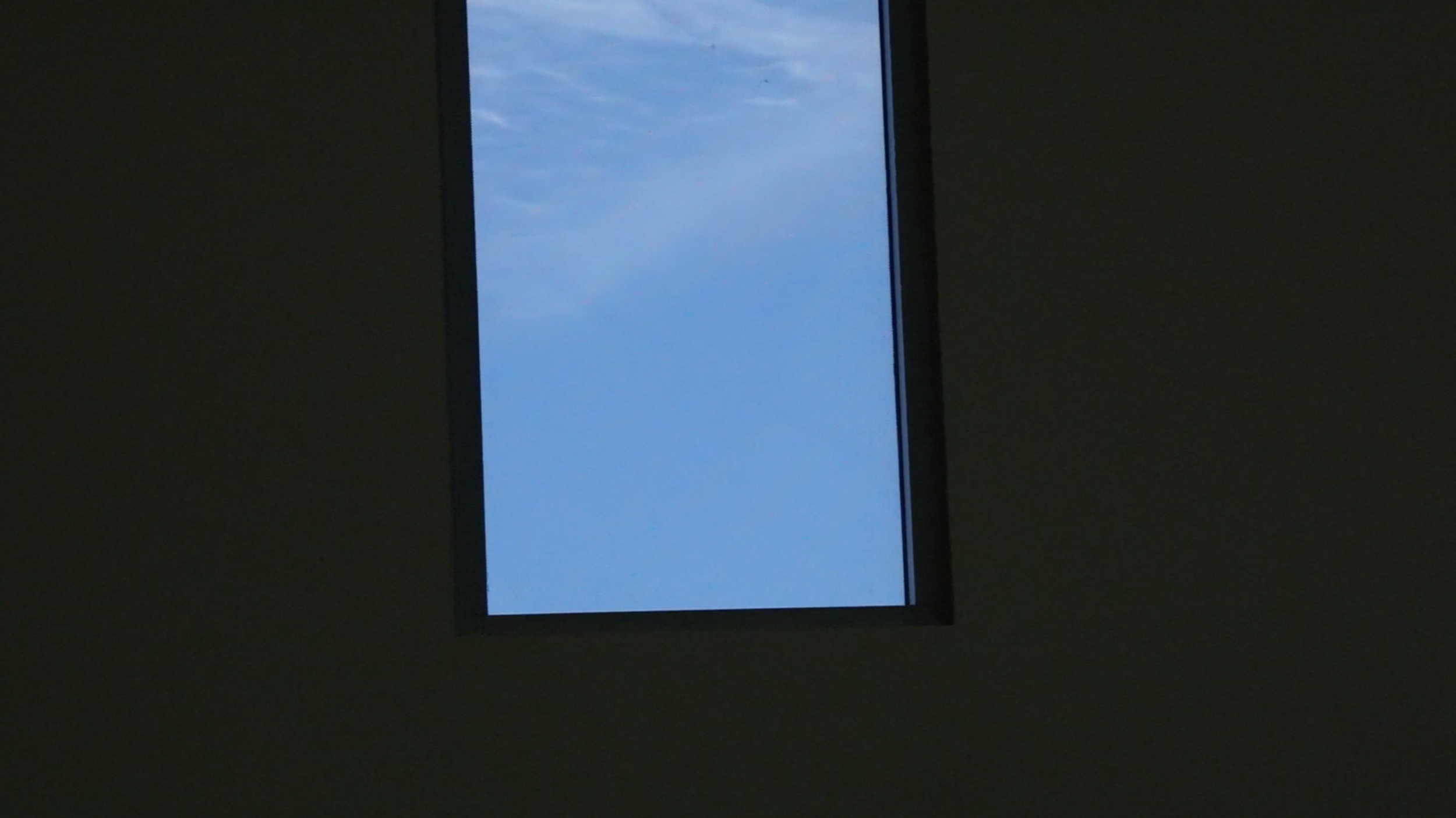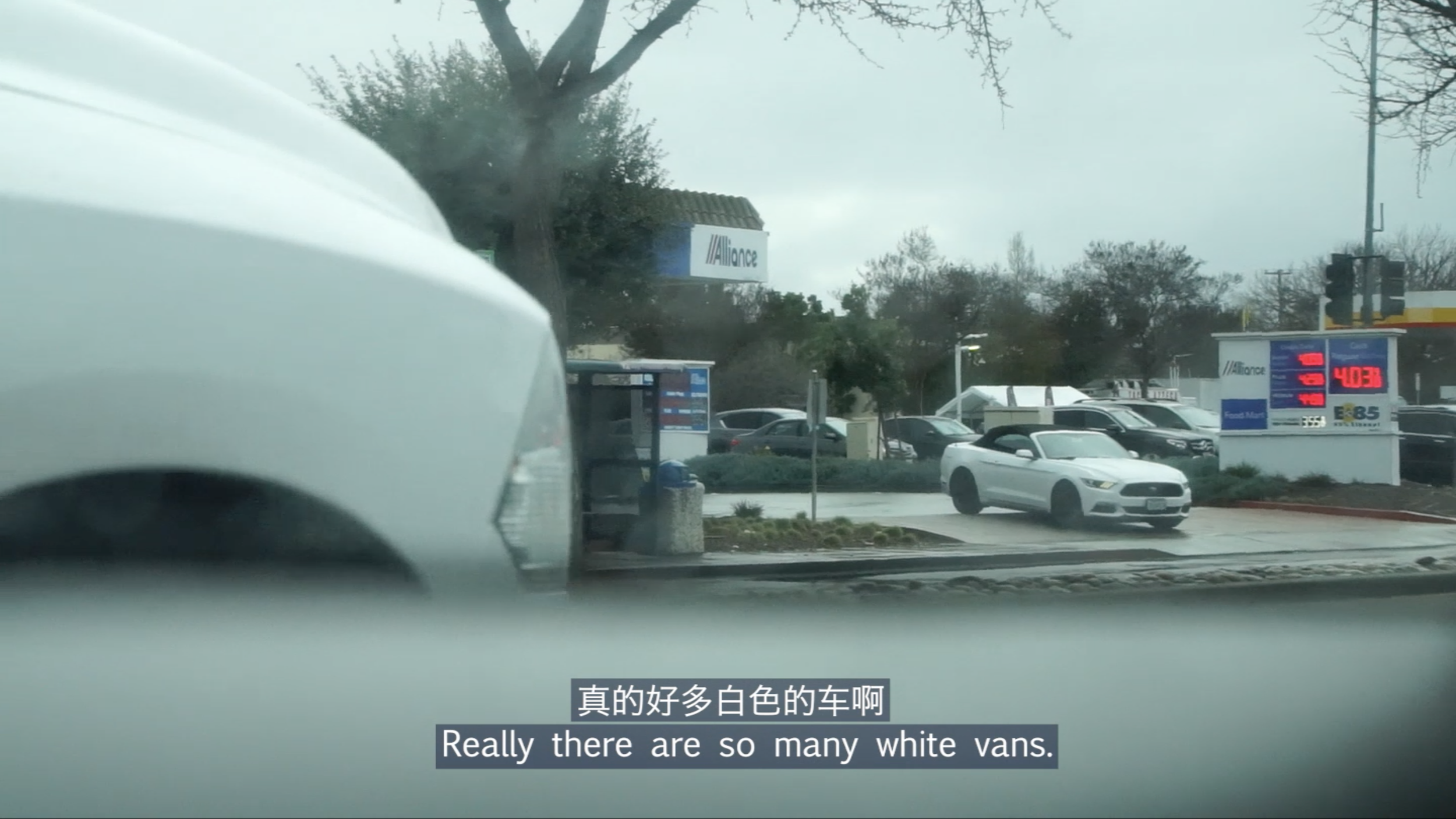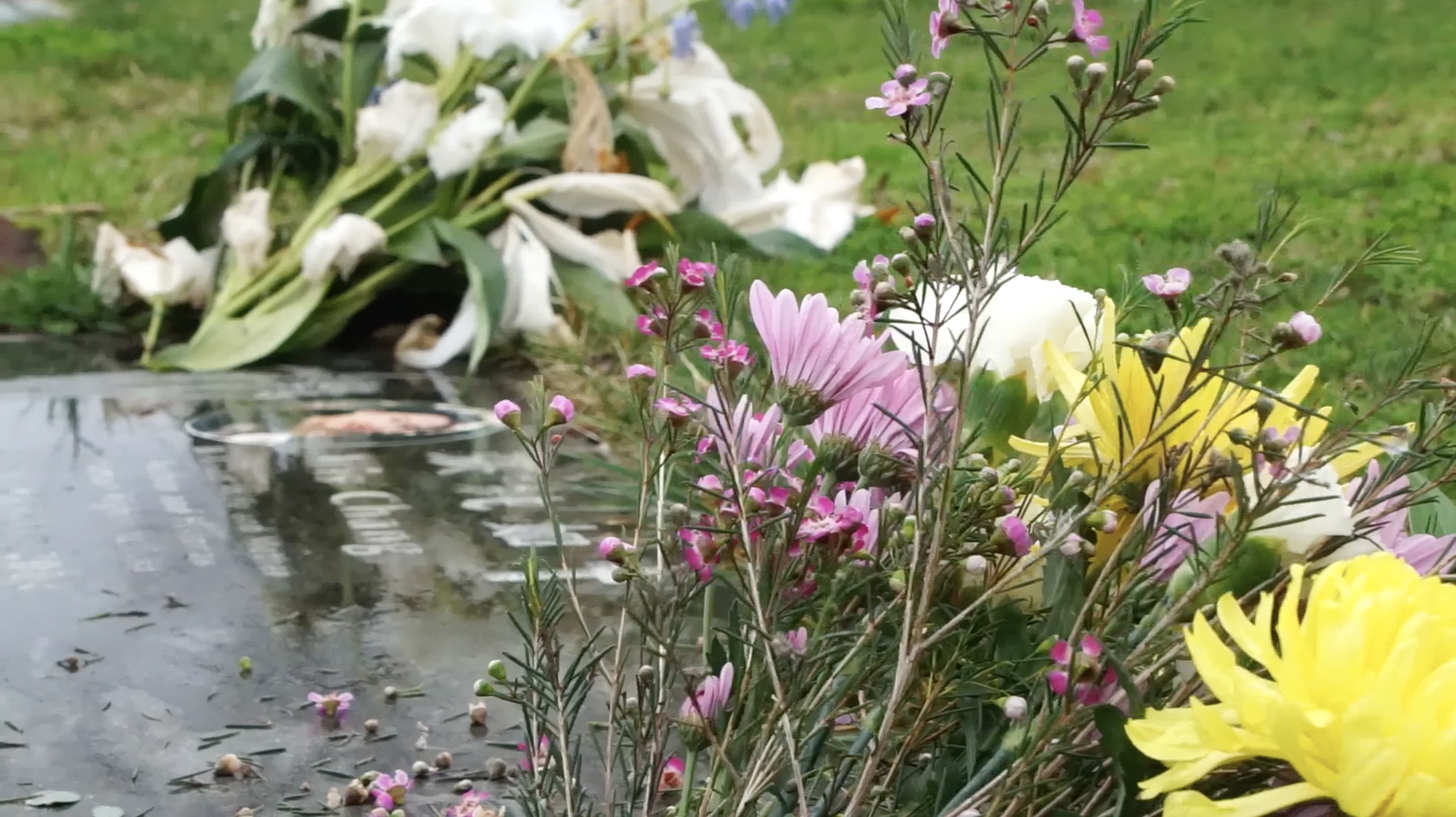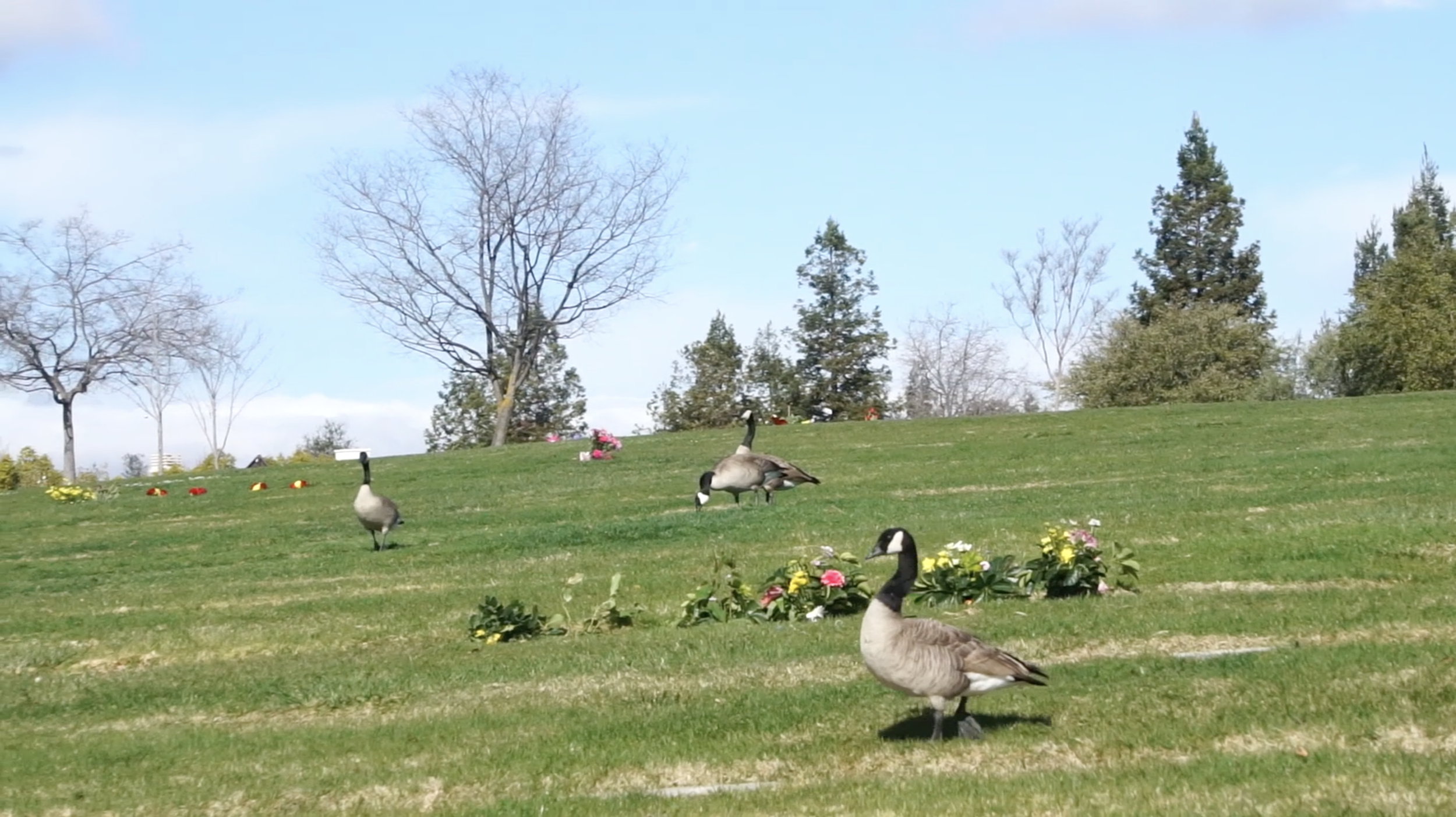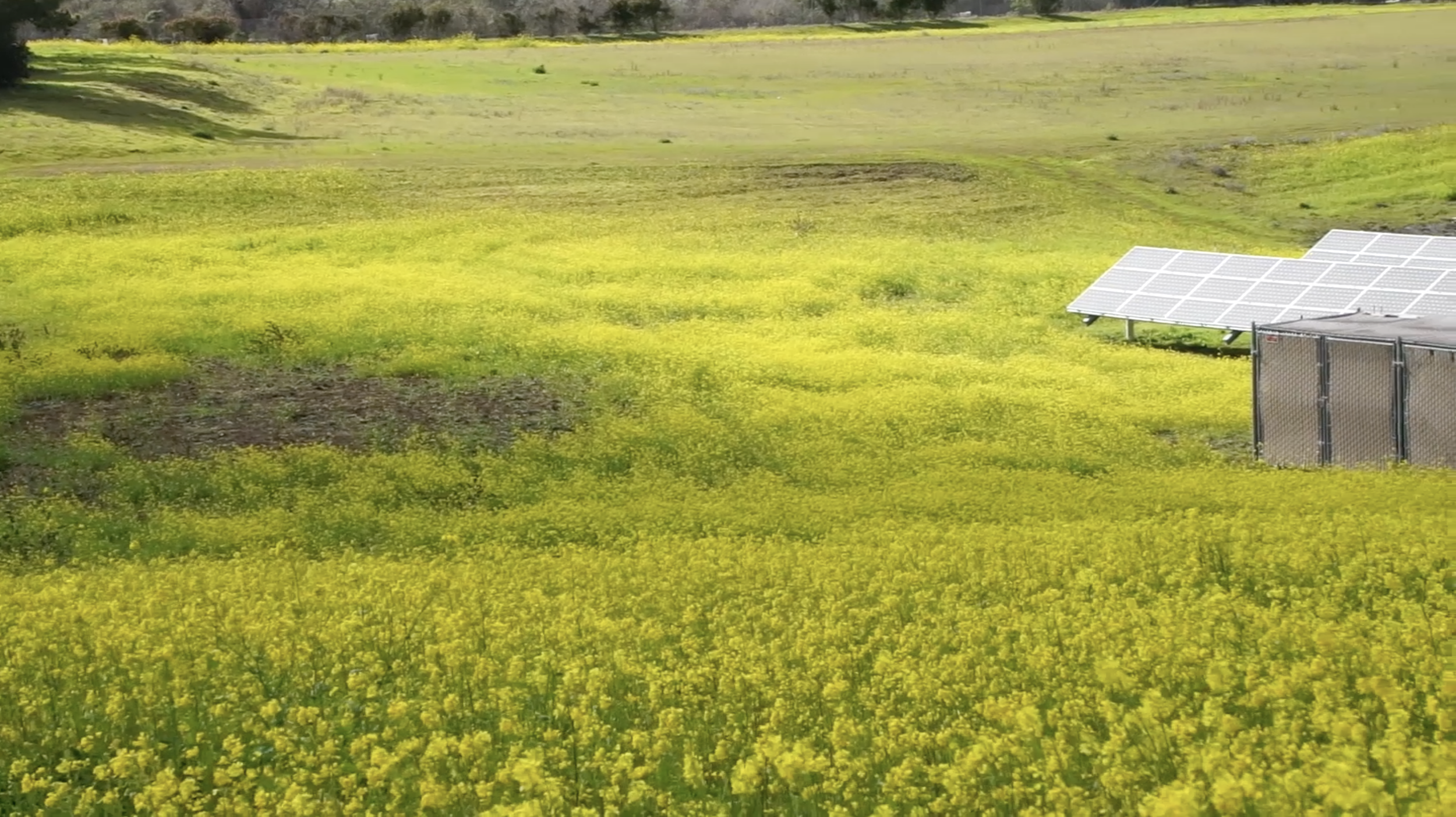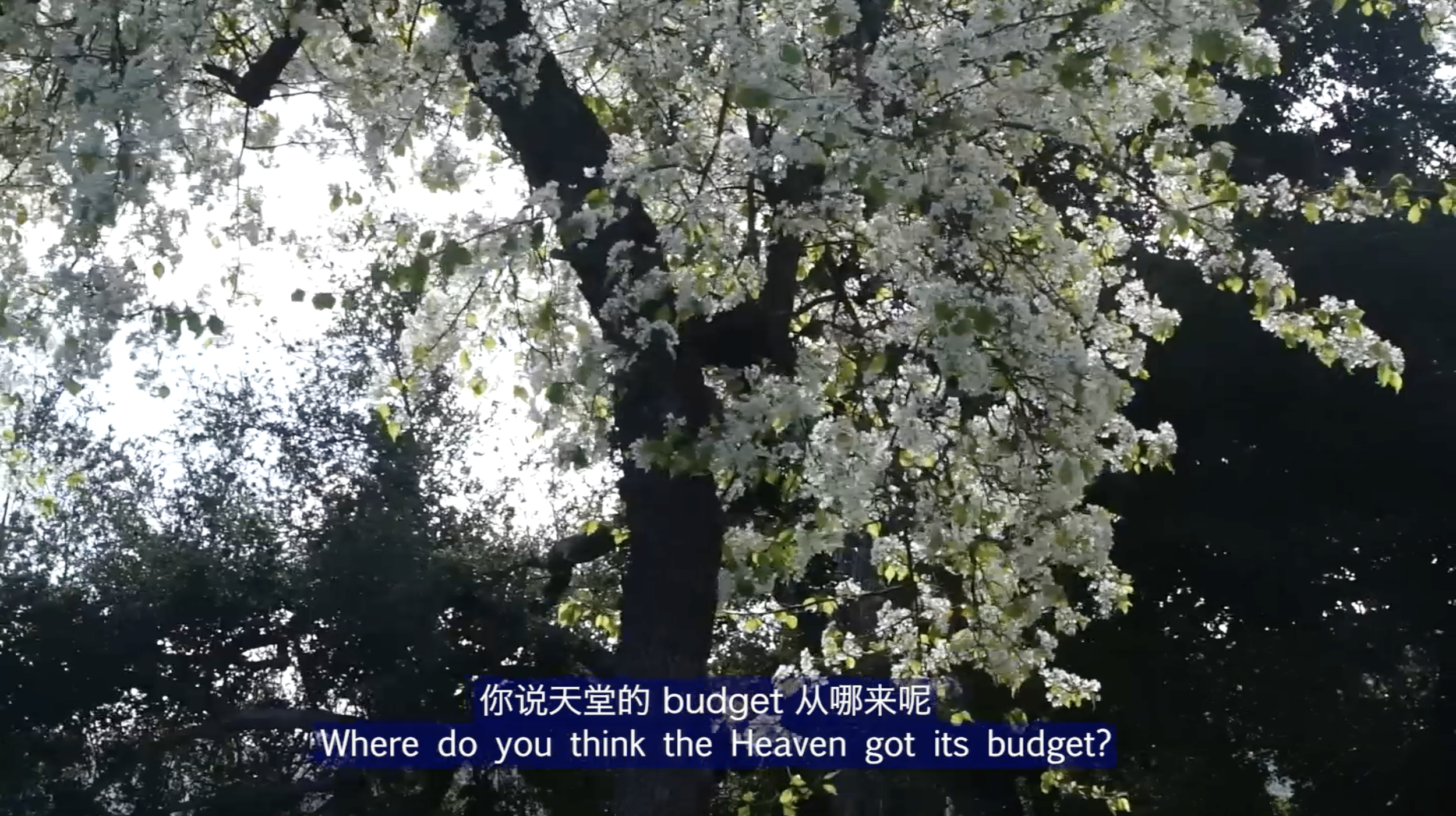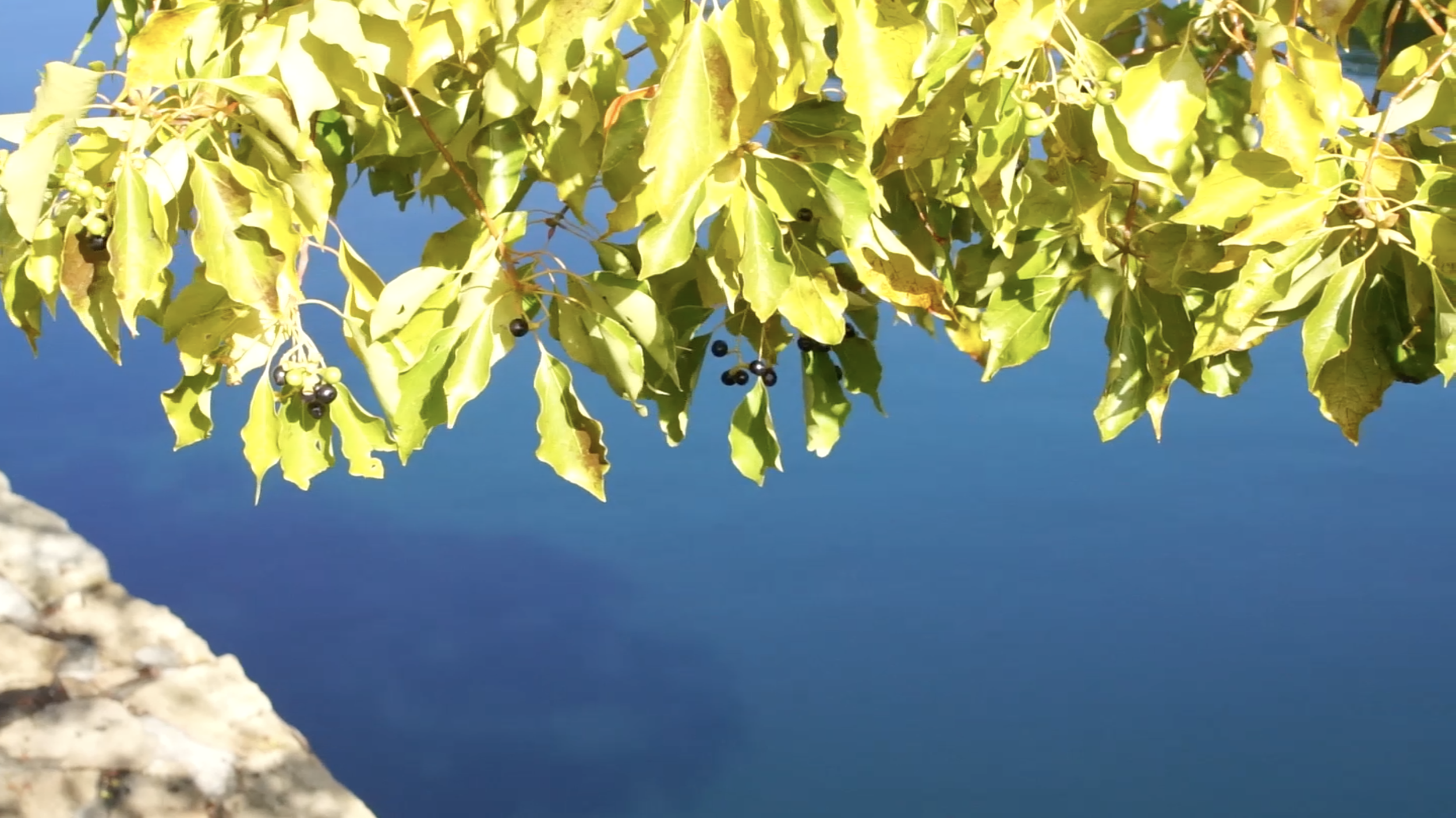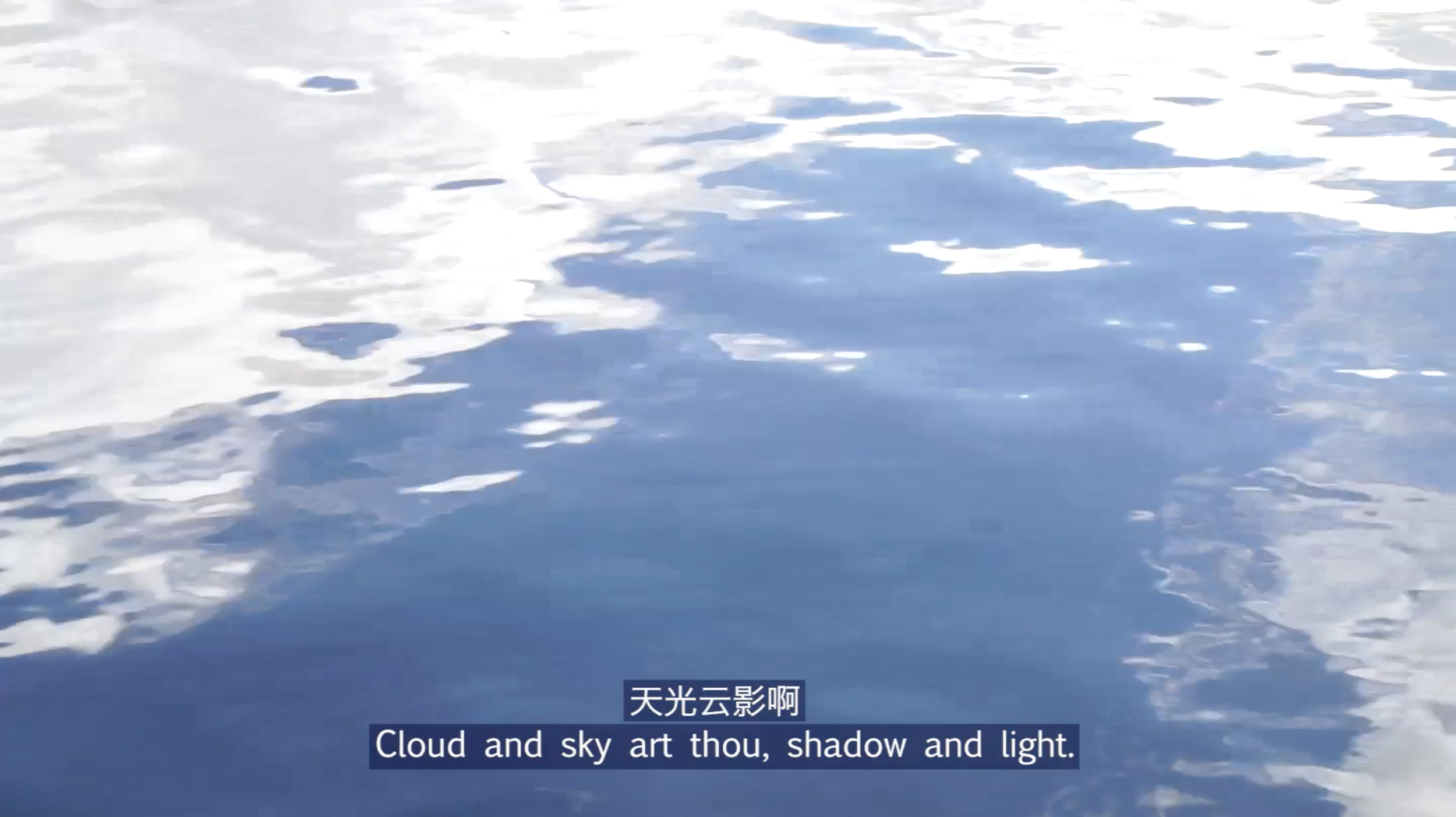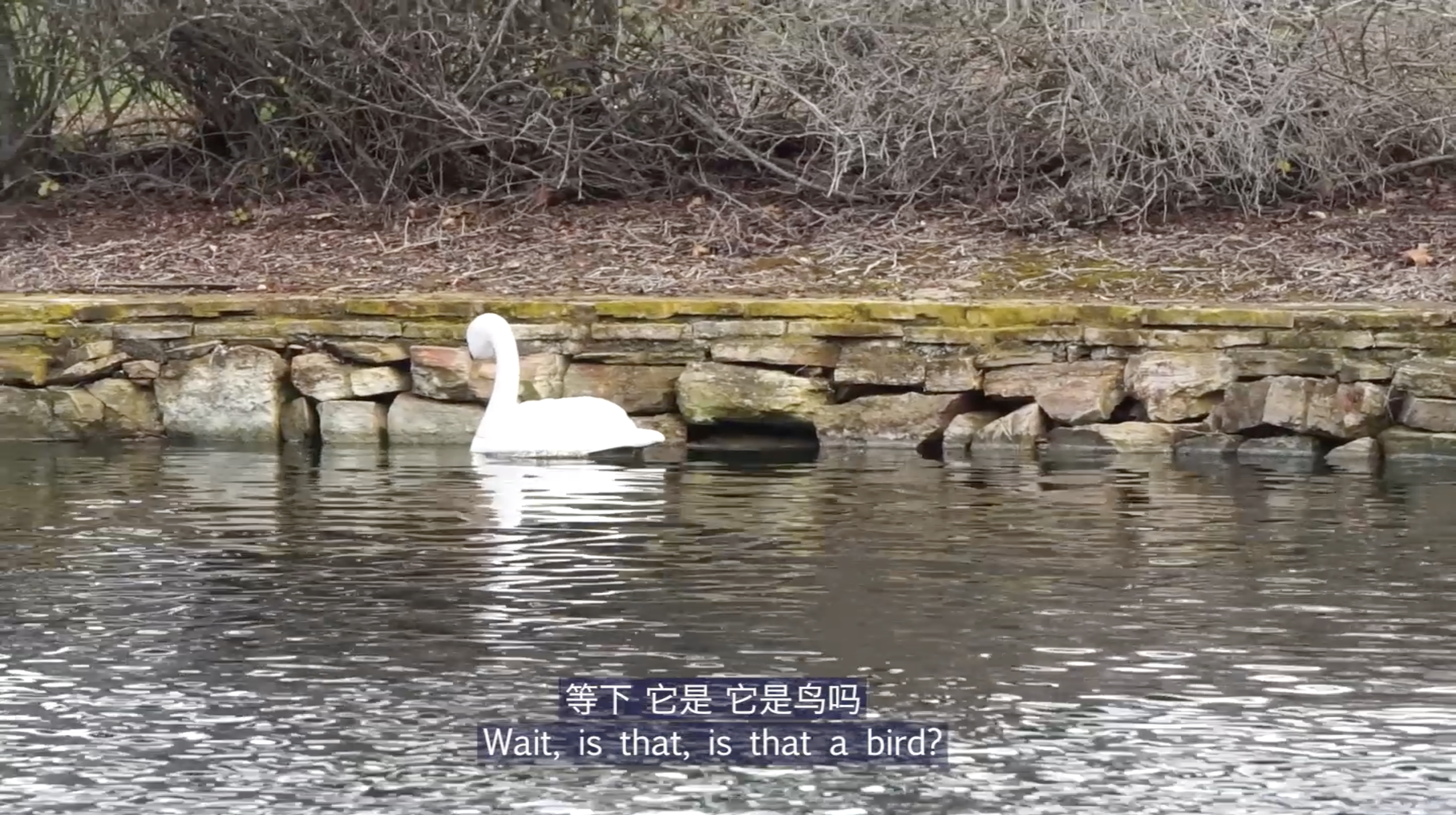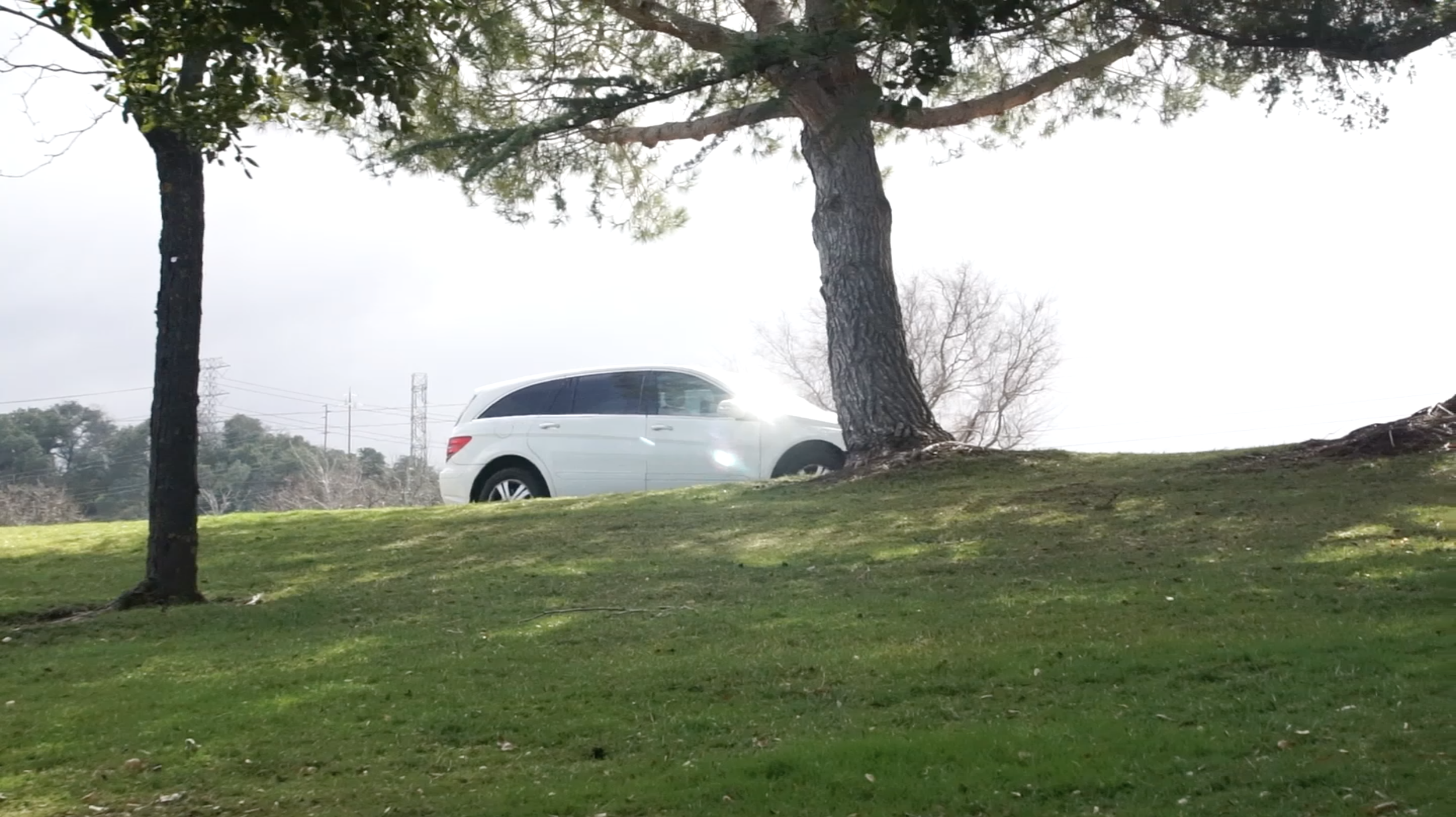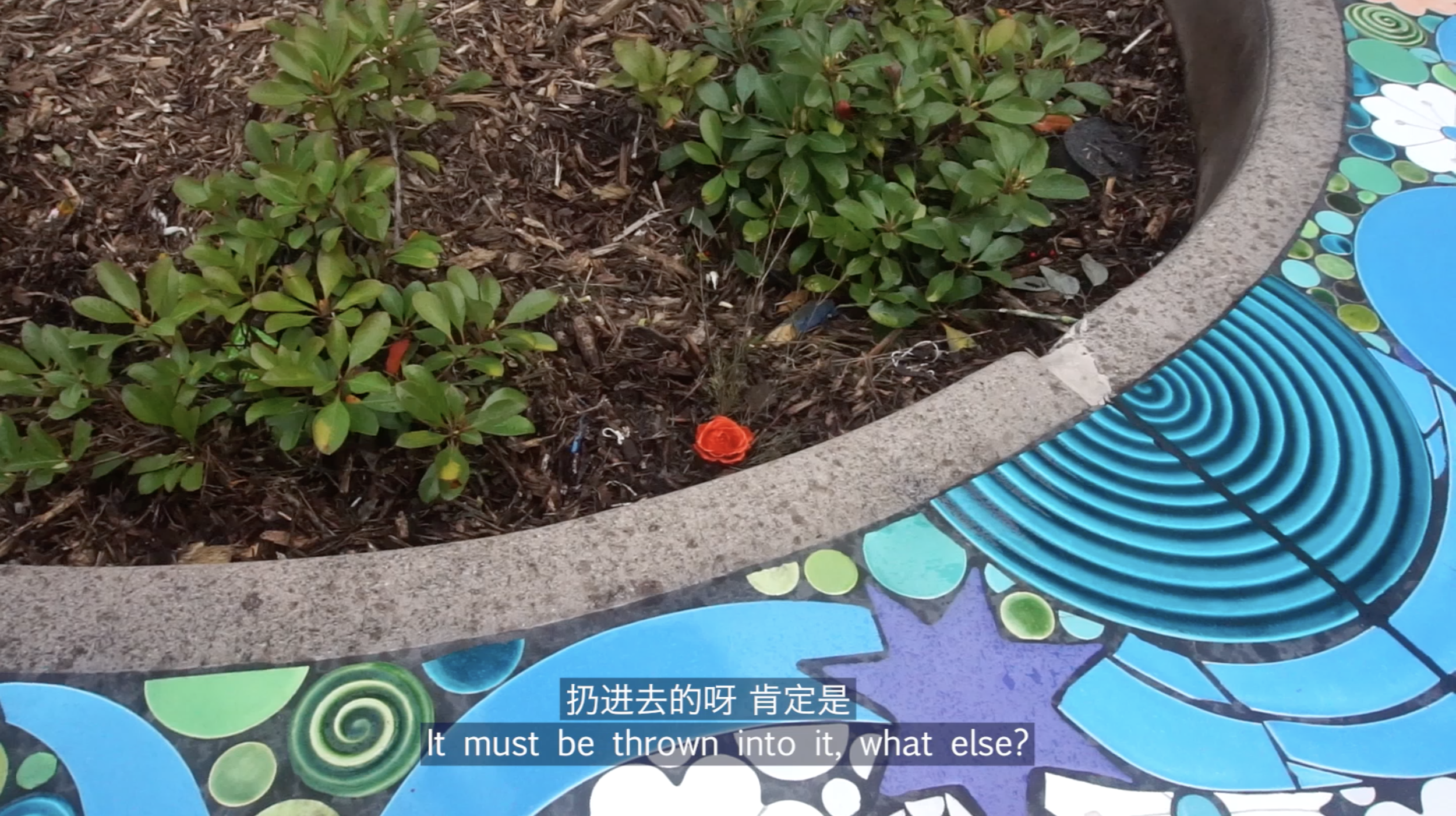gate of heaven 天堂之门
Logline
Along a road trip to San Jose, the destiny of the well-known Chinese American author Iris Chang, who wrote The Rape of Nanking, is gradually revealed.
2023 | documentary/ethnography
Documented by Miao Chen
& accompanied by Sharon Yanchu Zhou
A USC IML575 Ethnofiction project instructed by Professor Stephanie Spray
Iris Chang (1968-2004), author of Rape of Nanking, who introduced the knowledge of Nanking Massacre in WW2 China to the mainstream western world via her book, committed suicide on November 9th, 2004, after a long-term suffering from depression brought by her mind-wrecking work. She spent her last years in San Jose, CA and was buried in Gate of Heaven Catholic Cemetery in Los Altos, Santa Clara County, CA. Though she was born in America, the trauma of her maternal family from experience of escaping Nanking Massacre left her with a wish to learn about the history; the fact that she found nothing recording the history in libraries deepened her conviction of revealing and telling the history. Nanking (or Nanjing), a city of her grandparents’ suffering, was therefore associated with her American being across the broad pacific ocean; country of origin, once a blurry impression of space, is cropped and framed to become a disastrous image of dusted, war-time massacre, fatal enough to cause her death.
I have been to Nanjing for multiple times, and have visited the Massacre Memorial Hall in the city; I have learned about her story on the internet before I came to the States, and read and watched literature and theatre works created in memory of her; I shot my first semester film at USC kind of in memory of her. The year she died, I just attended the first grade at elementary school. There are multiple threads and layers of time and space and places weaving with each other in this recognition formed literally with the knowledge, feelings and searchings of three (or maybe, more) generations. So comes my idea for this ethnographic project: I am paying a visit to her burial, the city where she spent her last years, and make a road trip film out of the images created along the journey, with a form close to para-fiction that gradually reveals the context underneath. By doing this, I assume, an indifferent pan-Californian urban space is to be mediated into a place of historical matrix, a Chinese(-American) intellectual’s moving road towards her destiny — like the one once undertaken by Iris Chang.
film stills
